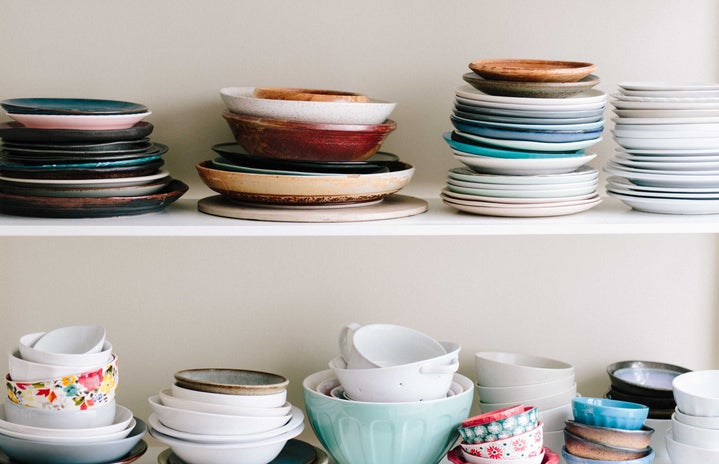Edited by: Mythili Kamath
It was a warm, sunny Tuesday afternoon. The kind of day that makes you crave a tall glass of lassi. I walk up to the Dosai stall and in my characteristic nervous tone, ask Dosai didi if I can interview her.
Now, you might be wondering (and with good reason) why I decided to interview her in the first place. Truth be told, I was inspired partly by Anthony Bourdain, a late American chef, who is considered the rockstar of the culinary world. He went around the world exploring cultures and engaging with communities through their food. He not only had curiosity and interest in the people he met and the histories there, but he was also a flawed, sardonic chef, which for me set him above any other food travelers.
So, I decide to follow in his footsteps, in whichever small, inconsequential way I can and interview didi. It’s also my genuine curiosity to find out more about the person whose resonant and imposing, but somewhat comforting voice I’d hear most afternoons as I sat toiling away at the tables outside the library cafe.
At this moment in the day, when the sun is at its highest point, she is perched on a chair beside the kitchen. Presumably, she has finally gotten some time to herself in the humdrum of busy summer days when orders for mojitos are flowing off the charts.
I introduce myself and she takes my cue. She says her name is Maharani Palani and she grew up in the South. She started Dosai in 2018 with her husband after some complications at the previous restaurant they owned.
How to proceed now?
To get Palani didi to open up, I ask her what her typical morning routine looks like. She laughs coyly – at this point, I am glad she finds me amusing since it helps diffuse the tension and all. She rattles off her morning routine: wake up at 5:30, cook for the children and husband for the day by 8:30, and leave for campus around 11:30. Her two sons are studying in the 5th and 11th grades, she says.
She goes on to explain that before she hired a staff to help her out, she used to prep all the ingredients herself. She goes in-depth about how she used to measure, soak and grind rice within 4 hours for the dosa batter. She stressed the importance of the timing – more than 4 hours would make the batter very sour, and less than 4 hours is not desirable either. She adds, “There are a lot of things to consider with these things.”
An interesting discovery I made while talking to didi was that she enjoys eating and cooking North Indian food more than her traditional South Indian food. Rajma, kadhi, chole, parathas – aloo and other vegetables– you name it. At home too, she cooks them more and they are some of her favourite things to cook. Didi confides in me that it was only after marriage, that she started cooking. The reason she ventured into the food business was because of her husband and how he had these ideas because of his “business” mindset.
I asked her about her childhood and what she liked eating as a kid. To my utter surprise, she answers dosa, idli and vada (I know.) She reminisces about her childhood and adds how after marriage her responsibilities have naturally increased and understandably so.
On asking her what she does in her free time, she told me she loves to stitch. I ask her if she has any favourite shows or movies she watches at night to unwind after a hectic day. She says that she is not in the habit of watching TV or using her phone, iterating that she uses her phone only for emergency messages and calls. She spends time with her kids – a relaxing enough activity for her, shocking for me though. I think we can definitely learn a lot from didi’s self-care routine. Detox mindset as some YouTubers would say.
On asking her how long she works on campus, she very lovingly calls me beta and explains how that depends on how busy a day is or if she is short of staff. Sometimes, her work day stretches for 14 hours. Some days she works from 12 pm till 3 am to keep up with our sleepless nights and schedules. But she clarifies how this is her business and that she needs to do what it takes to keep it running well.
I ask her the mandatory question we all want to know the answer to, “How do you find the children at Ashoka to be?”
Given her kindness, she responds by saying how she has a nice relationship with the students. The standard: the kids are like family to her. This was a good pick-me-up in an otherwise self-absorbed week, where most of us are too bogged down by our day-to-day inconveniences – an assignment due today, some meeting to attend, or just the laziness that comes from attending classes.
I thank her for her time and leave while hoping that I grow up to be lucky enough to work as passionately and hard as she does for the things I care most about.


